Most Hanoians support the goal of reducing air and water pollution in the capital, but it also poses challenges in terms of infrastructure and financial support.
Hanoi is currently among the cities with the highest levels of air pollution in the world , with PM2.5, PM10 and total suspended particulate matter (TSP) exceeding the permissible threshold. Water quality in inner-city rivers has also been alarming for many years.
The Prime Minister directed Hanoi to implement a roadmap so that from July 1, 2026, no more motorbikes using fossil fuels will circulate in Ring Road 1, in order to improve air quality and people's lives.
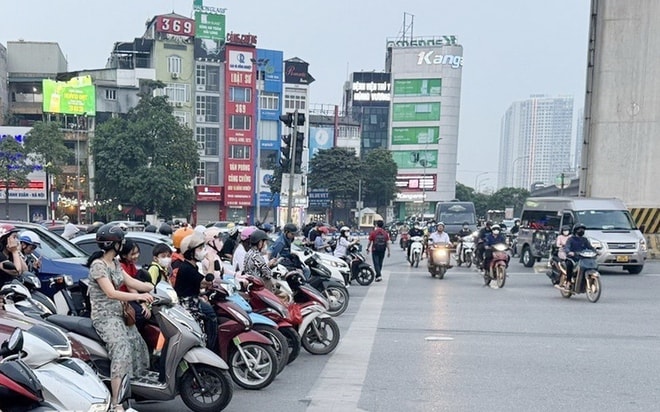
Nguyen Trung Hieu (39 years old, Dong Ngac, Hanoi) shared that every day he travels more than 10km to the city center and often faces dust and smoke from gasoline and diesel vehicles, causing discomfort and potential health risks. “The policy of banning gasoline vehicles is necessary, but we need to support people to switch to electric vehicles,” he said.
Similarly, Mr. Duong Quang Huy (40 years old, Xuan Dinh, Hanoi) stated that dense traffic is the main cause of pollution. The ban on gasoline-powered motorbikes in Ring Road 1, if accompanied by a fee and charge policy to encourage clean vehicles, will promote a green lifestyle and improve the quality of life. However, Hanoi needs to invest heavily in public transport to meet travel needs.
Nguyen Ngoc Bao Linh (Viet Hung, Hanoi) highly appreciated the civility of this policy, which is in line with the global sustainable development trend. However, motorbikes are a major asset for many low-income households. “The city needs to provide financial support and ensure public transport infrastructure for the policy to be feasible,” Bao Linh suggested.
Nguyen Van Vuong (Thanh Xuan, Hanoi) said that banning gasoline vehicles is a turning point in reducing pollution, but success depends on the speed of public transport development and people's financial capacity. "If the infrastructure is good and there is support, this will be a great motivation for green vehicles," he said.
In addition, this policy also helps to collect old and dilapidated motorbikes, reduce vehicle density and raise public awareness of low emissions, towards the goal of net zero emissions by 2050.
To do this, Hanoi needs to issue a mechanism to support businesses producing electric vehicles, develop charging station infrastructure and encourage people to switch vehicles.
People agree that, in addition to environmental benefits, the government needs a clear roadmap, financial support policies and synchronous infrastructure investment to minimize difficulties, especially for low-income workers, to ensure a smooth transition.
Source: https://baonghean.vn/nguoi-dan-ha-noi-noi-gi-ve-cam-xe-may-xang-tu-7-2026-10302276.html




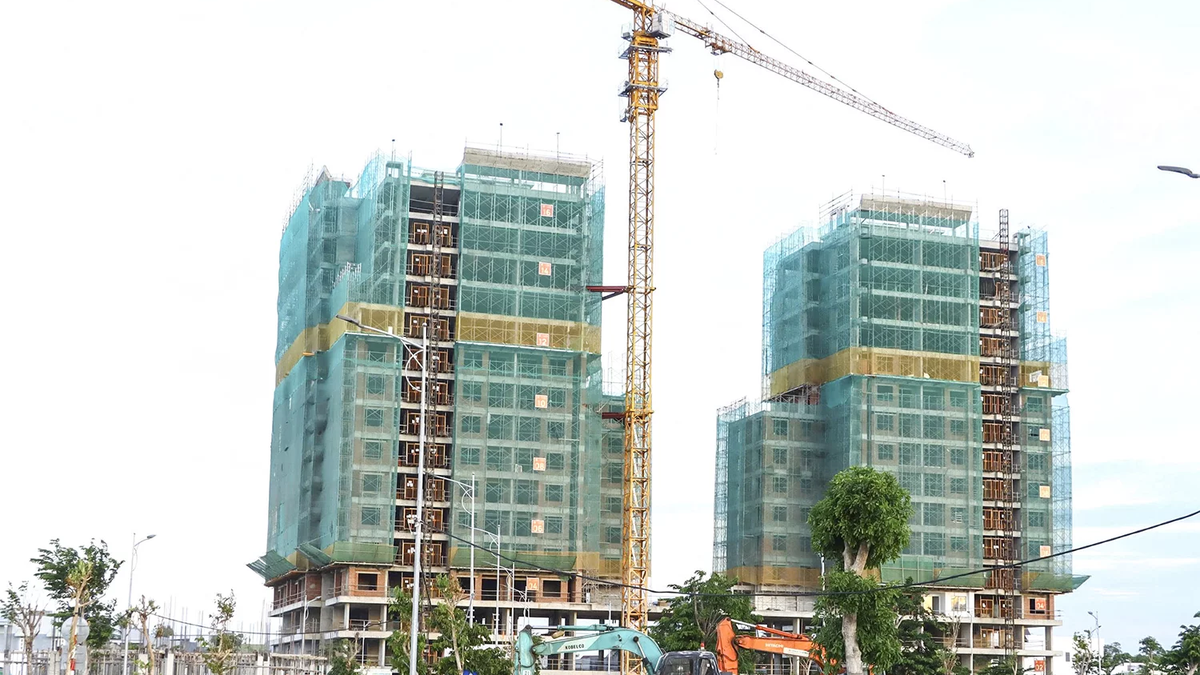
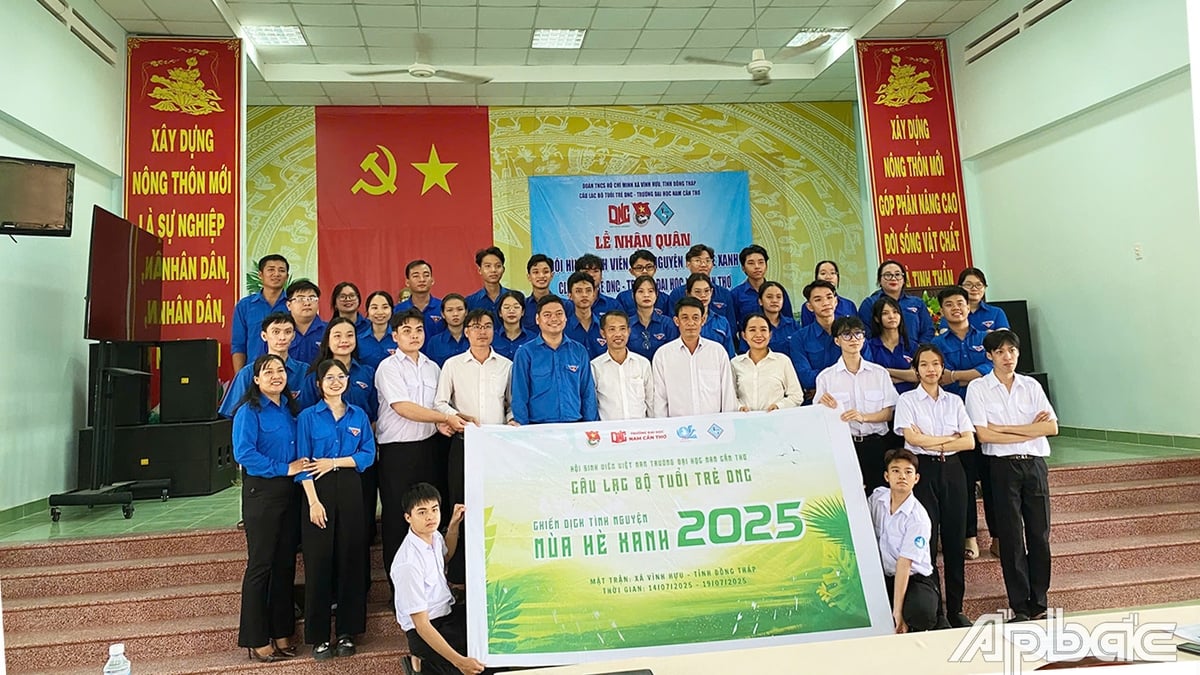


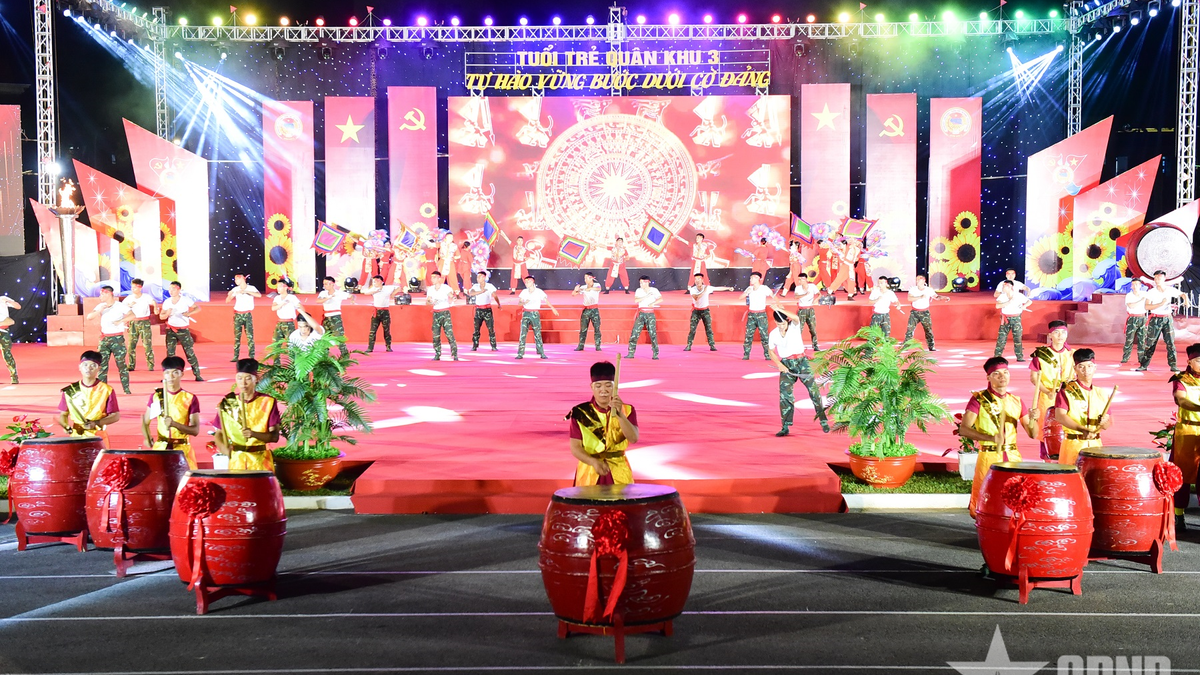
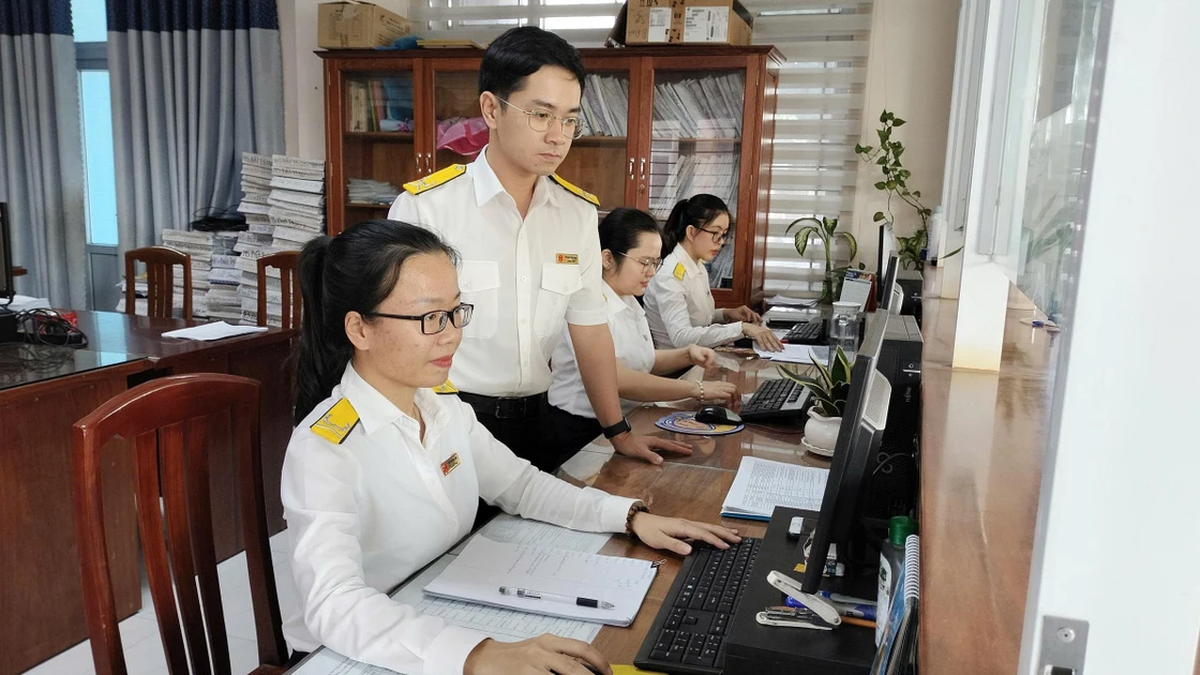
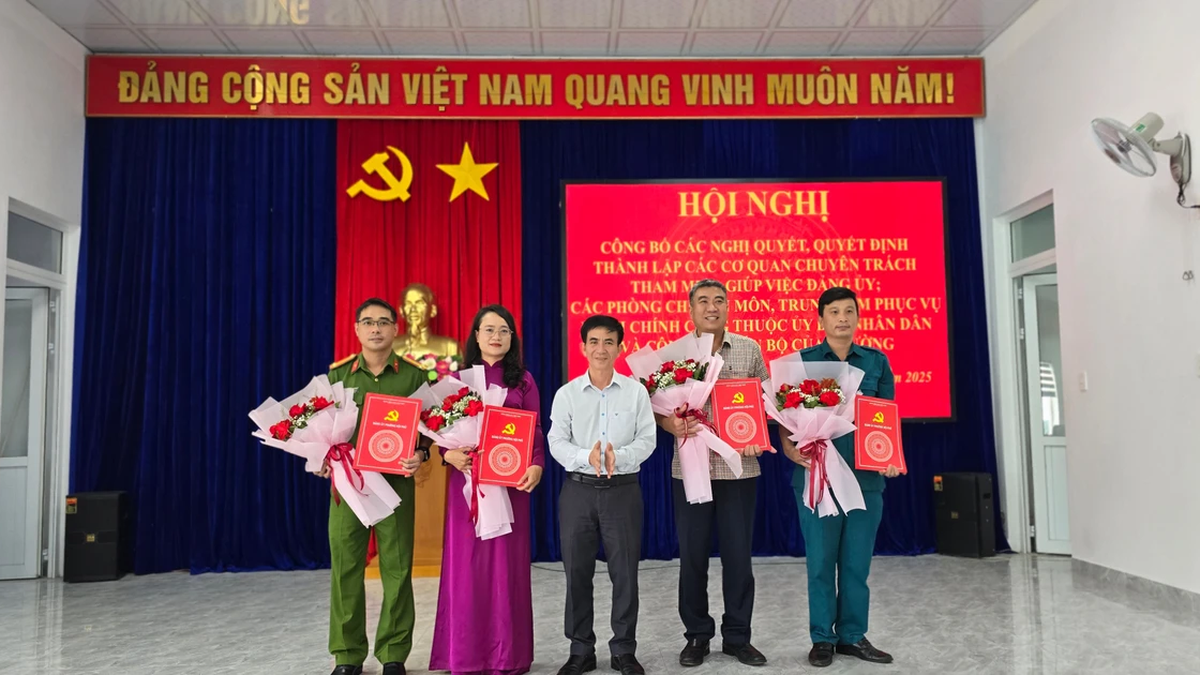








































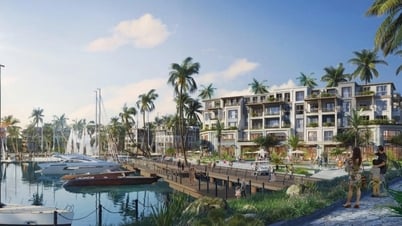
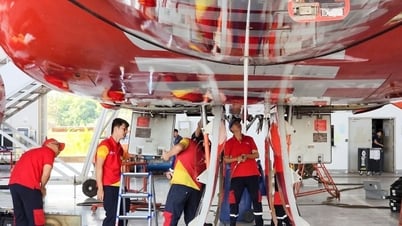

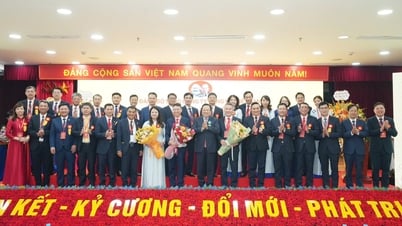



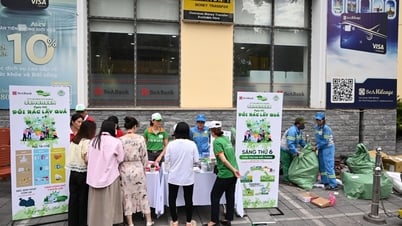

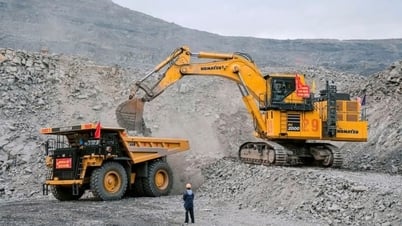



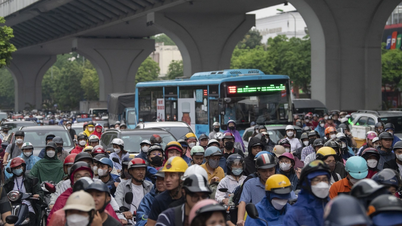
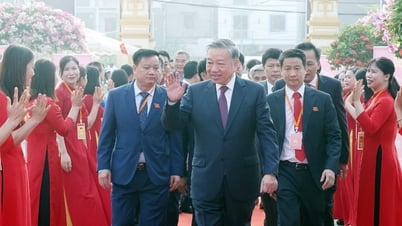
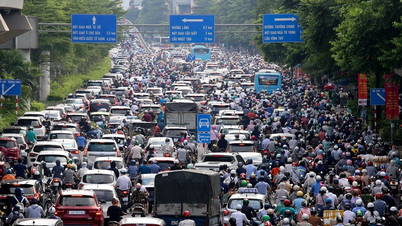
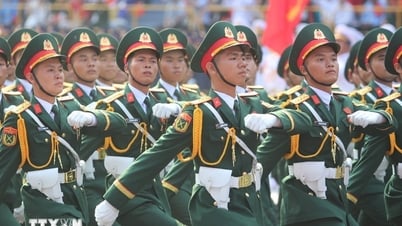
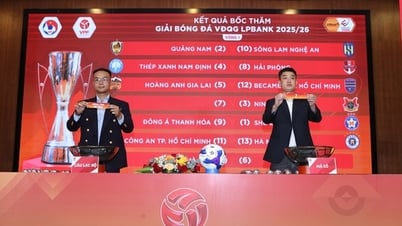


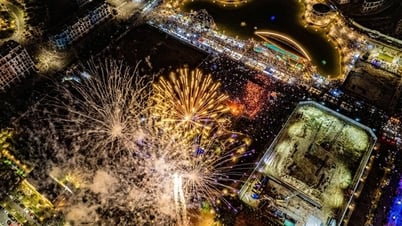
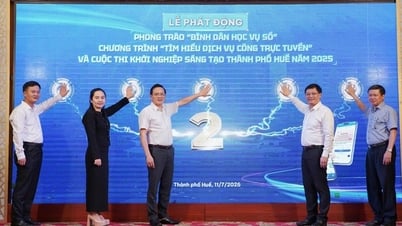




























Comment (0)